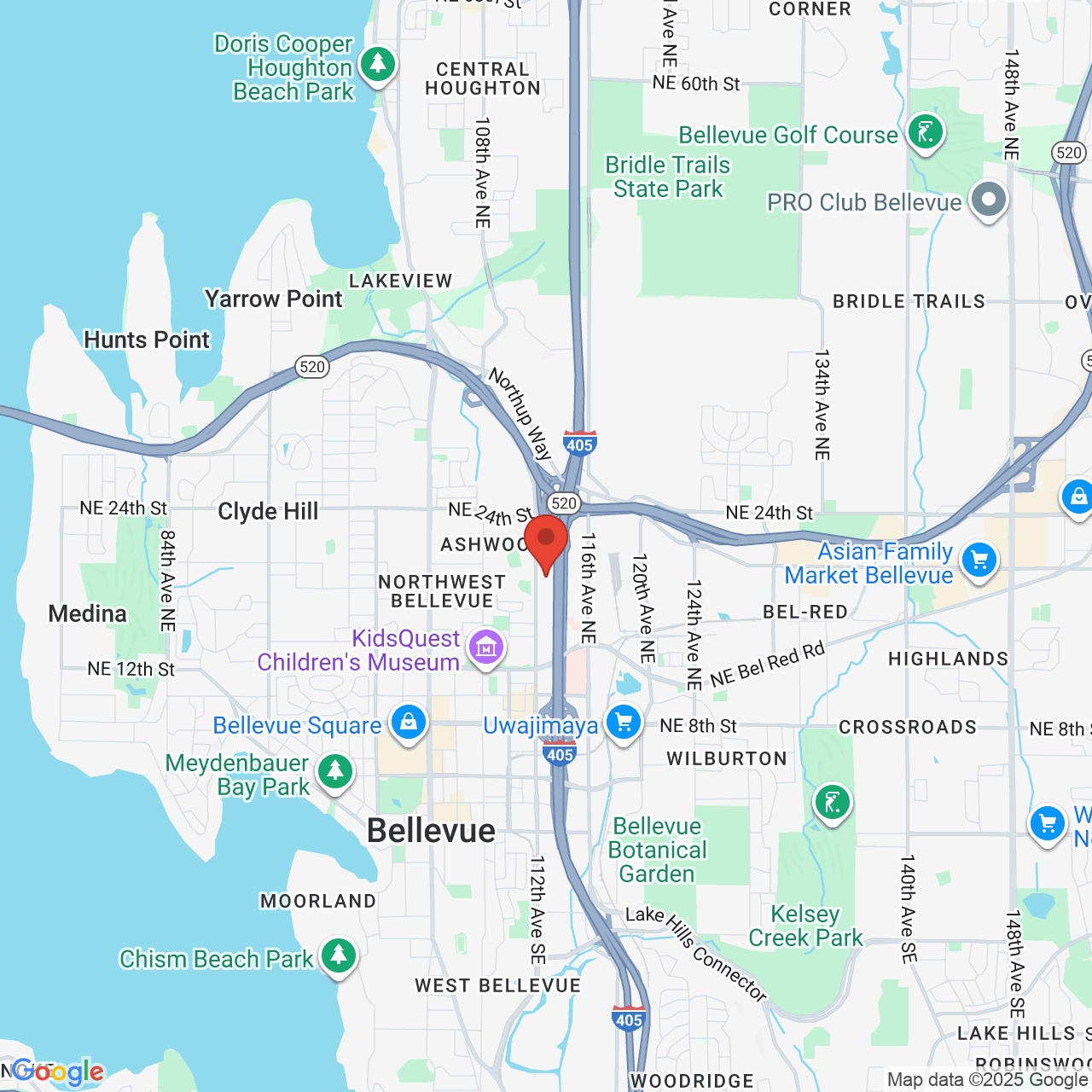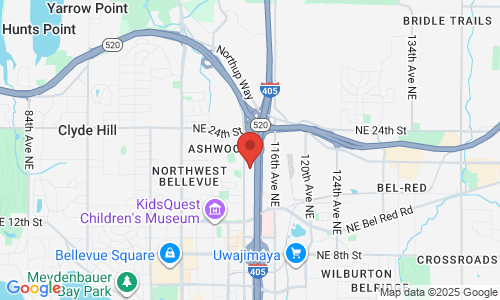Understanding Anoxic and Hypoxic Brain Injuries
 Just about everyone will suffer from some type of accident in the span of their lifetime. However, some accidents and injuries are more serious than others. Any time the brain is involved, there is cause to be concerned. Traumatic brain injuries can alter the way a person thinks, feels, or functions, either short- or long-term.
Just about everyone will suffer from some type of accident in the span of their lifetime. However, some accidents and injuries are more serious than others. Any time the brain is involved, there is cause to be concerned. Traumatic brain injuries can alter the way a person thinks, feels, or functions, either short- or long-term.
Anoxic and hypoxic brain injuries affect a person’s cognitive, emotional, and physical functions. The attorneys at Quick Law Group, PLLC, help our Kirkland, WA, clients understand the damages associated with anoxic and hypoxic brain injuries, as well as the compensation they may be due when these types of injuries are the result of another’s reckless or negligent actions.
Anoxic and Hypoxic Brain Injuries
Anoxic and hypoxic brain injuries are caused by a lack of oxygen in the brain. Anoxic and hypoxic brain injuries are similar.
The one main difference between anoxic and hypoxic brain injuries is that an anoxic brain injury is characterized by a complete loss of oxygen flow to the brain, while a hypoxic brain injury is characterized by restricted oxygen flow to the brain. An anoxic brain injury can kill brain cells in around four minutes, but brain cell damage is more gradual in individuals suffering from a hypoxic brain injury.
Common Causes of Anoxic and Hypoxic Brain Injuries
Anoxic and hypoxic brain injuries can be caused by any number of things, including:
- Stroke
- Cardiac arrest
- Severe blood loss
- Drowning
- Suffocation
- Choking
- Smoke inhalation
- Anesthesia complications
- Birth injuries
While some anoxic and hypoxic brain injuries are unavoidable, many are the result of preventable accidents, assault, or medical malpractice.
Anoxic and Hypoxic Brain Injury Symptoms
The damages from an anoxic or hypoxic brain injury vary. Some of our Kirkland clients are fortunate enough to suffer short-term damages, but many suffer from lifelong consequences. Potential symptoms of an anoxic or hypoxic brain injury include:
- Short- or long-term memory loss
- Confusion
- Headaches
- Dizziness and balance issues
- Weakness in the limbs
- Cortical blindness
- Mood swings
- Difficulty speaking
In the most catastrophic cases, coma or death can occur.
Compensation for Damages
If a person has suffered an anoxic or hypoxic brain injury that was the result of another person or party’s reckless or negligent actions, our lawyers can help them get financial compensation for their losses. We will pursue compensation for damages such as past and future medical expenses, rehabilitation and therapy costs, lost wages, and pain and suffering.
In the event that someone dies as a result of an anoxic brain injury, our lawyers can help family members fight on their behalf. In these cases, additional compensation may be sought for losses associated with wrongful death, such as loss of financial support, loss of benefits, and loss of companionship.
Contact Us
If you or a loved one has suffered from a brain injury, the lawyers at Quick Law Group, PLLC can help you explore your legal options. To discuss the details of your injury with a member of our legal team, send us a message at your earliest convenience, or call us in Kirkland at (425) 576-8150.



